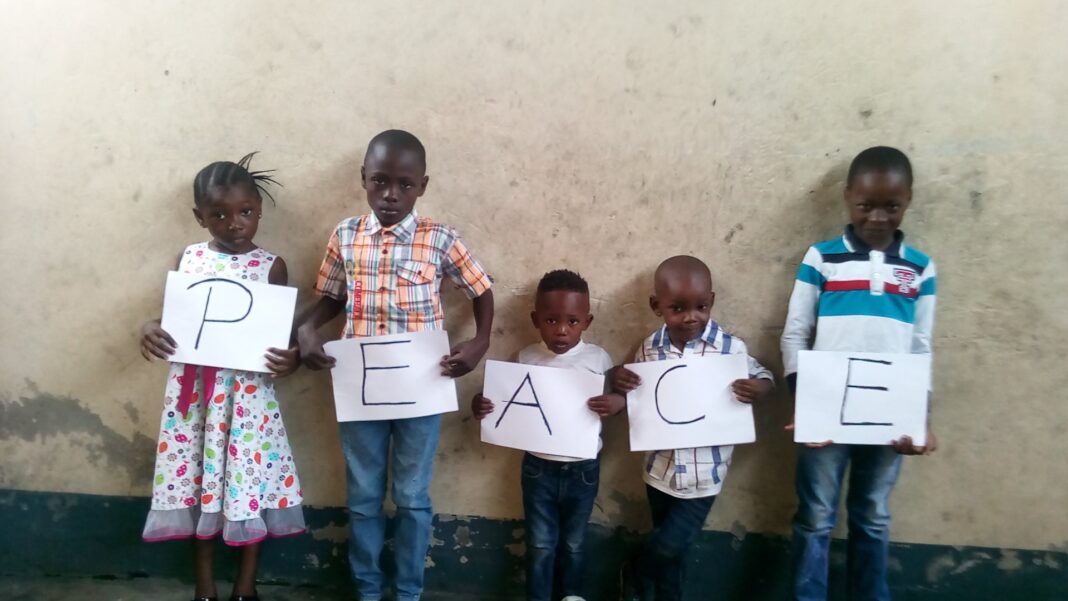Inclusive Education for Migrants and Refugees – Side event on the margins of the 47th Session of the Human Rights Council
The event will be held online on Thursday, 24 June 2021 at 13:00 CET, and it is being co-organized by Arigatou International Geneva, the Geneva Global Hub for Education in Emergencies, and KAICIID Dialogue Centre.
Increasing conflicts, political and financial crises have led to insecurity and hardship in many people’s lives, resulting in increasing numbers of migrants and refugees and intensifying challenges in many societies. The panel discussion aims to reflect on the importance of national education policies and programs that can support inclusive education for migrants and refugees, particularly as access to social services have been halted and discrimination has been exacerbated during the pandemic.
Description: Increasing conflicts, political and financial crisis have led to insecurity and hardship in many people’s lives, resulting in increasing numbers of migrants and refugees and intensifying challenges in many societies. The COVID-19 has exacerbated tensions between migrant, refugee and host communities. Hate speech, stigmatization, incitement to discrimination and xenophobia have increased during the pandemic, building on an existing and generalized culture of mistrust in societies.
The pandemic has largely disrupted access to quality education, particularly for children who are displaced, migrants and refugees. An urgent response is needed to provide these children with the right to education and make sure that they are not left behind. A continuous effort to promote inclusive education in emergencies context where there is a limited access to basic services is critical to ensure access and quality education for all.
Objectives
1. Reflect on the challenges and opportunities to support the implementation of educational policies and programs that foster inclusive education as a central response to the impacts of the COVID-19 pandemic
2. Identify good practices of how education can foster learning to live together in societies, in particular amidst increasing distrust, xenophobia and discrimination affecting migrants and refugees
3. Share successful policies and programs to support quality and inclusive education for migrants and refugees.
Panelists will share good practices in education to contribute to building forward better to prevent further discrimination and rupture of the social fabric as well as helping to create new narratives of solidarity in societies.
PANELISTS:
Dr. Angeliki Aroni, Head, Unit for Integration and Support, Special Secretariat for the Protection of Unaccompanied Minors, Ministry of Migration and Asylum, Greece
Ms. Ann Therese Ndong-Jatta, Director, UNESCO Regional Office for Eastern Africa
Ms. Afshan Khan, UNICEF Regional Director for Europe and Central Asia, andSpecial Coordinator, Refugee and Migrant Response in Europe
Mr. Javed Natiq, Education Sector Lead,
World Vision Afghanistan
Ms. Maria Lucia Uribe, Executive Director,
Arigatou International Geneva
MODERATOR
Prof. Mohammed Abu-Nimer, Senior Adviser, KAICIID Dialogue Center
OPENING REMARKS
Dr. Fadi Yarak (TBC), Director-General of Education, Ministry of Education & Higher Education, Lebanon
CLOSING REMARKS
Dr. Rebecca Telford, Chief of Education, UNHCR









